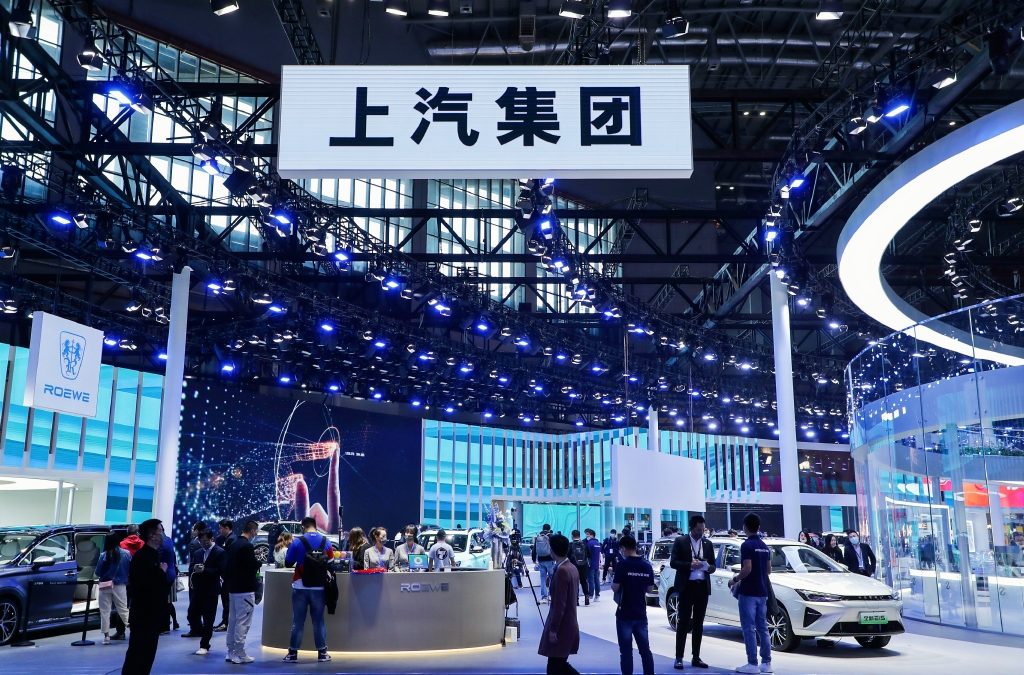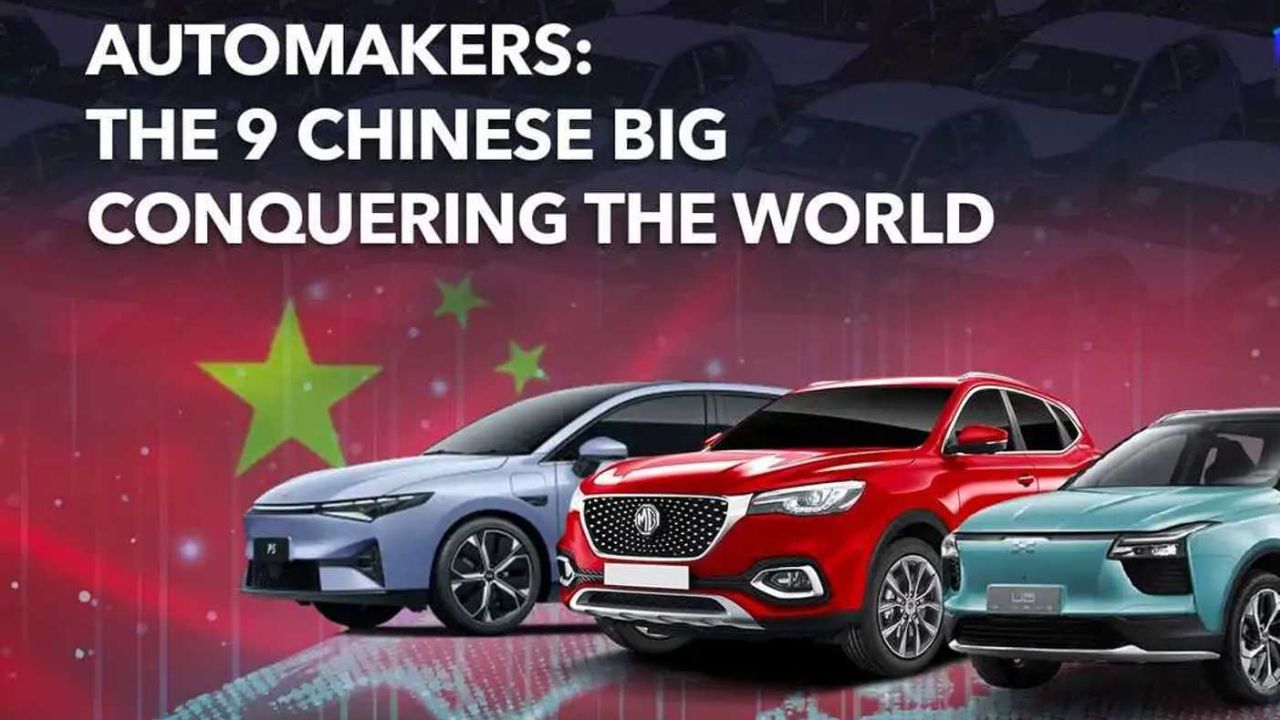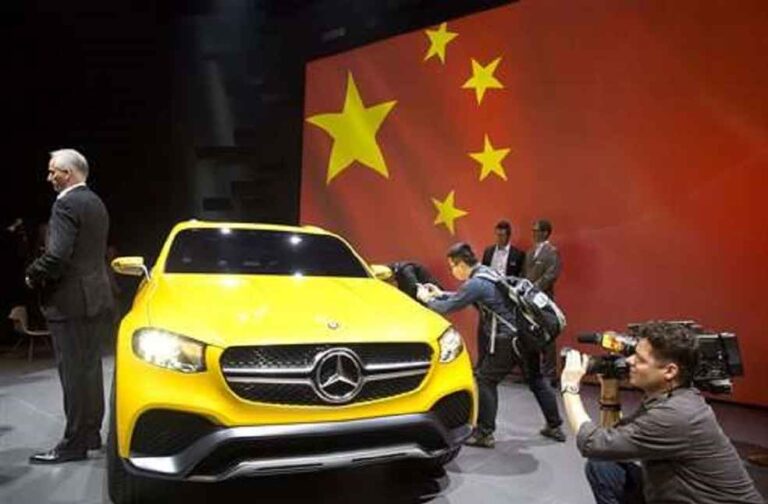In recent years, Chinese automakers have experienced rapid growth, transforming the country’s automotive industry into a major global player.
Brands such as BYD, Geely, NIO, and Great Wall Motors are no longer just domestic manufacturers; they are expanding their reach and challenging established automakers in international markets.
This rise poses a significant threat to global markets, driven by several key factors including innovation, competitive pricing, strategic acquisitions, and government support.
Innovation and Technology
Chinese automakers are making significant strides in automotive technology, particularly in the electric vehicle (EV) segment. Companies like BYD and NIO are at the forefront of EV innovation, developing advanced battery technology, autonomous driving capabilities, and smart connectivity features.
These advancements have positioned Chinese brands as leaders in the transition to sustainable transportation, appealing to environmentally conscious consumers worldwide.

Additionally, Chinese automakers are investing heavily in research and development (R&D) to enhance their product offerings. This focus on innovation enables them to produce vehicles that are not only technologically advanced but also competitive in terms of quality and performance.
Competitive Pricing
One of the most compelling advantages of Chinese automakers is their ability to offer competitive pricing. By leveraging lower production costs and economies of scale, Chinese brands can produce vehicles at a fraction of the cost of their international counterparts. This pricing strategy allows them to penetrate price-sensitive markets and attract a broader consumer base.
Competitive pricing does not come at the expense of quality. Chinese automakers have improved their manufacturing processes and supply chain management, ensuring that their vehicles meet international standards. This combination of affordability and quality makes Chinese cars an attractive option for consumers looking for value for money.
Strategic Acquisitions and Partnerships
Chinese automakers have also expanded their global footprint through strategic acquisitions and partnerships. Companies like Geely have acquired international brands such as Volvo and Lotus, gaining access to advanced technology, global distribution networks, and established brand recognition.
These acquisitions have enabled Chinese automakers to strengthen their market position and compete more effectively on the global stage.
In addition to acquisitions, Chinese automakers are forming strategic partnerships with international companies to enhance their capabilities. Collaborations with technology firms, battery manufacturers, and other industry players have allowed Chinese brands to accelerate their growth and innovation.
Government Support
The Chinese government has played a crucial role in the rise of the country’s automotive industry. Through policies and incentives, the government has supported the development and adoption of electric vehicles, setting ambitious targets for EV production and sales.
Subsidies, tax incentives, and investment in charging infrastructure have created a conducive environment for the growth of Chinese automakers.
Government support extends beyond the domestic market. China’s “Belt and Road Initiative” aims to enhance trade and economic integration with other countries, providing Chinese automakers with opportunities to expand their presence in emerging markets. This strategic vision has facilitated the global ambitions of Chinese automotive brands.
Impact on Global Markets
The rise of Chinese automakers poses a significant threat to established players in the global automotive market.
With their focus on innovation, competitive pricing, strategic acquisitions, and strong government support, Chinese brands are well-positioned to challenge traditional automakers. This competition is driving the industry towards greater efficiency, sustainability, and technological advancement.
Established automakers must adapt to this new world by investing in innovation, improving cost structures, and forming strategic alliances. The rise of Chinese automakers is not just a challenge; it is also an opportunity for the global automotive industry to evolve and meet the changing demands of consumers.

The rise of Chinese automakers represents a transformative shift in the global automotive industry. As they continue to expand their reach and enhance their capabilities, Chinese brands are becoming formidable competitors on the world stage.
Their focus on innovation, competitive pricing, strategic acquisitions, and government support makes them a significant threat to established automakers. The future of the automotive industry will be shaped by this dynamic competition, ultimately benefiting consumers with better, more affordable, and sustainable vehicles.
Also Read: Self-Driving Cars and Unions, Job Cuts in the Trucking Industry

